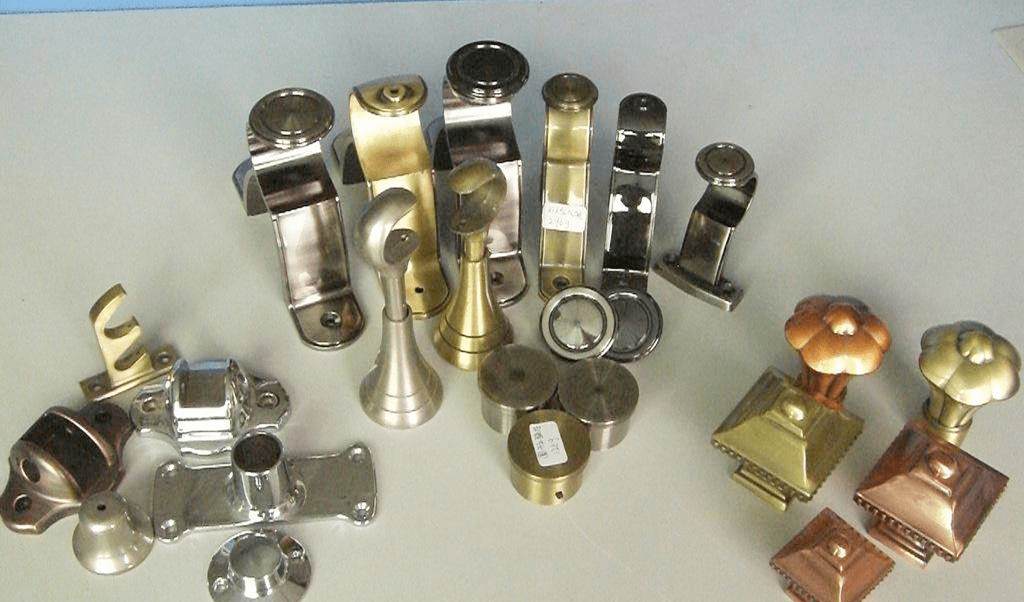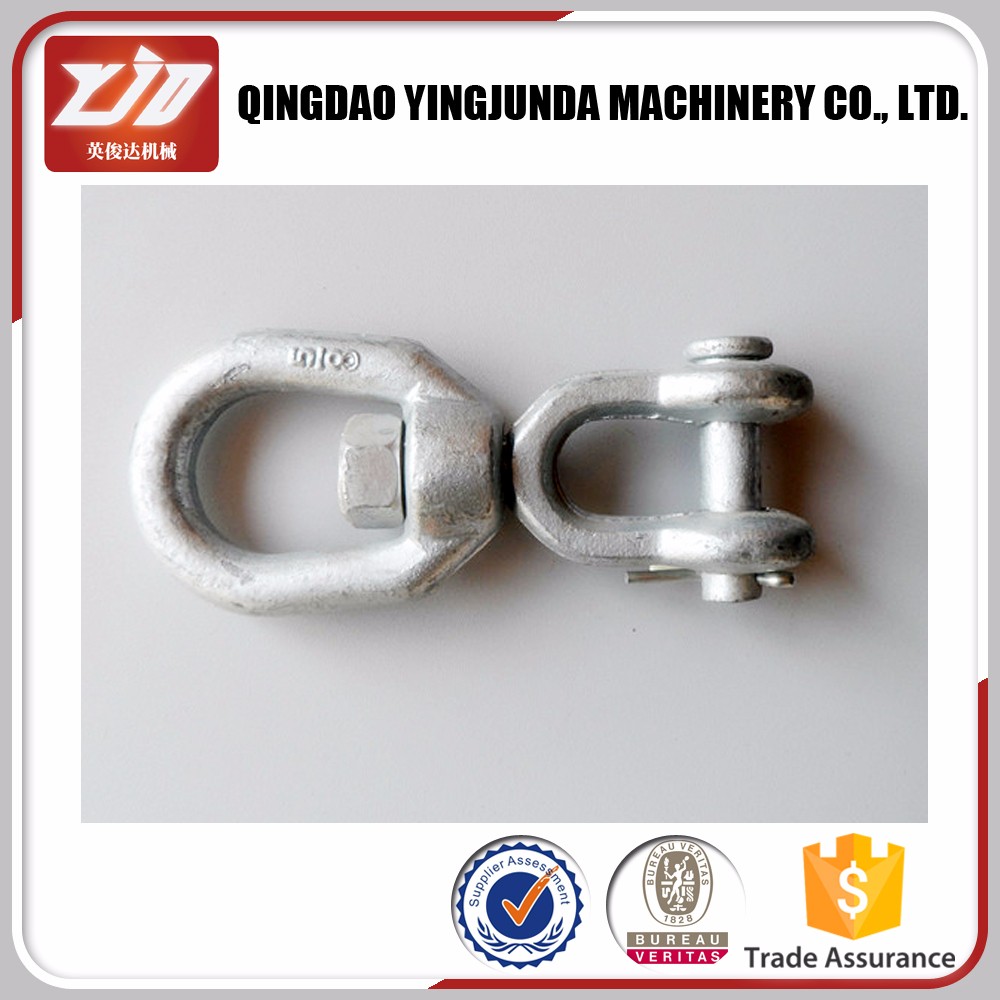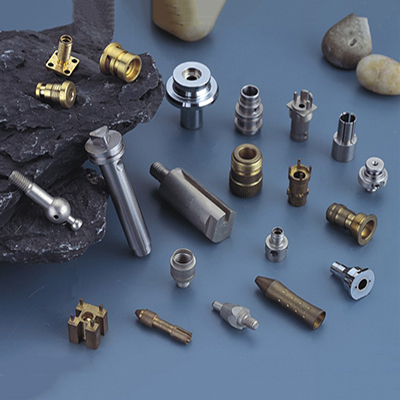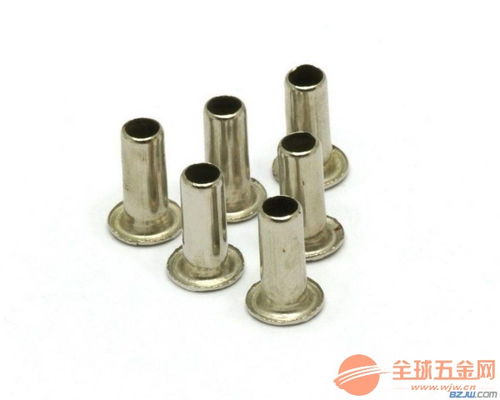Title: Auditing Concerns for Medical Hardware Components in Healthcare Facilities
The medical device industry is subject to stringent regulations and audits due to the critical nature of its products. Medical hardware components used in healthcare facilities must meet specific quality, safety, and performance standards to ensure patient care. Healthcare facilities face challenges in maintaining compliance with these standards, particularly regarding the use of third-party components and the risk of counterfeit or substandard products. Auditing concerns for medical hardware components in healthcare facilities include ensuring proper documentation of component specifications, validating component performance, and monitoring supplier performance. Effective monitoring of supplier performance can help identify potential risks associated with the use of third-party components. Healthcare organizations must implement robust auditing processes to identify and address any issues that may arise during the design, manufacture, or use of medical hardware components. By doing so, they can ensure the safe and effective delivery of care to patients while minimizing risks associated with non-compliant or suboptimal equipment.
Introduction
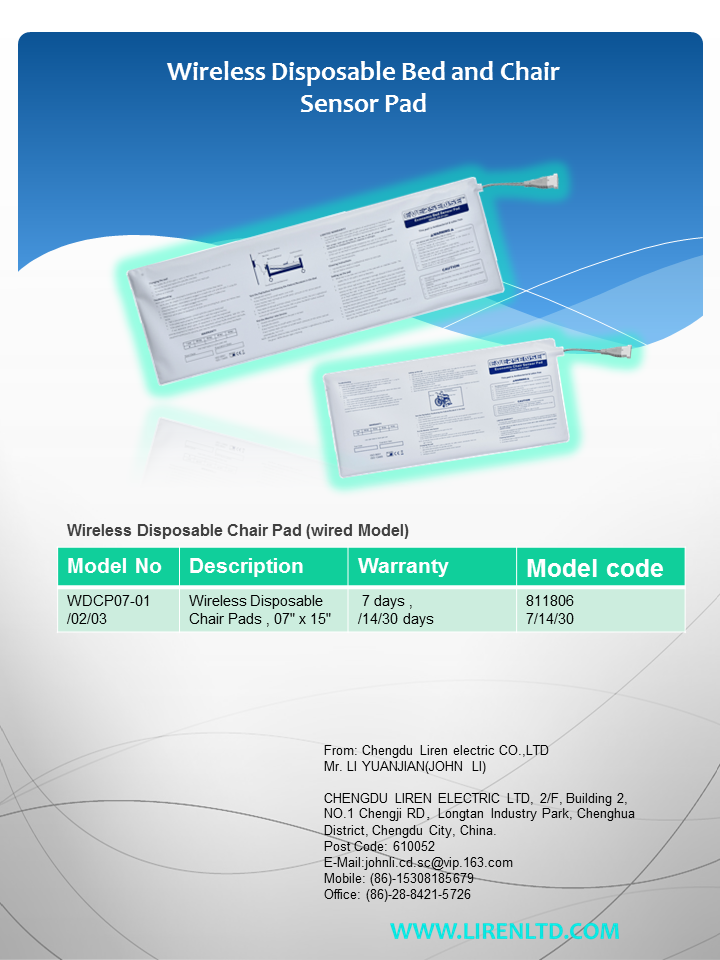
As the healthcare industry continues to grow and evolve, so too does the demand for high-quality medical hardware components. These components play a crucial role in ensuring the safety, efficiency, and effectiveness of medical procedures. However, with the increasing complexity of medical devices and equipment, it is essential that healthcare facilities properly audit and manage their supply chain to ensure that they are using only reputable and compliant products. In this article, we will discuss some of the key auditing concerns related to medical hardware components in healthcare facilities.
Component Selection
One of the most critical auditing concerns when it comes to medical hardware components is component selection. Healthcare facilities must ensure that they are usingcomponents that meet specific standards and regulations, such as those set forth by the International Organization for Standardization (ISO). This includes requirements related to material composition, manufacturing processes, and testing protocols. By carefully selecting components that meet these standards, healthcare facilities can help ensure the safety and efficacy of their medical devices and equipment.
Quality Control Processes
Another important auditing concern is quality control processes. Healthcare facilities must have robust quality control procedures in place to ensure that all components they use meet specific standards and regulations. This may involve regular inspections, testing, and certification programs to verify that components meet required performance criteria. By implementing effective quality control processes, healthcare facilities can help prevent defects or issues with their medical devices and equipment.
Supplier Performance Management
In addition to focusing on the quality of components themselves, healthcare facilities should also carefully monitor the performance of their suppliers. This includes evaluating suppliers based on factors such as lead times, delivery accuracy, and product consistency. By working closely with suppliers to ensure that they are meeting their contractual obligations and providing high-quality products, healthcare facilities can help minimize the risk of supply chain disruptions or product defects.
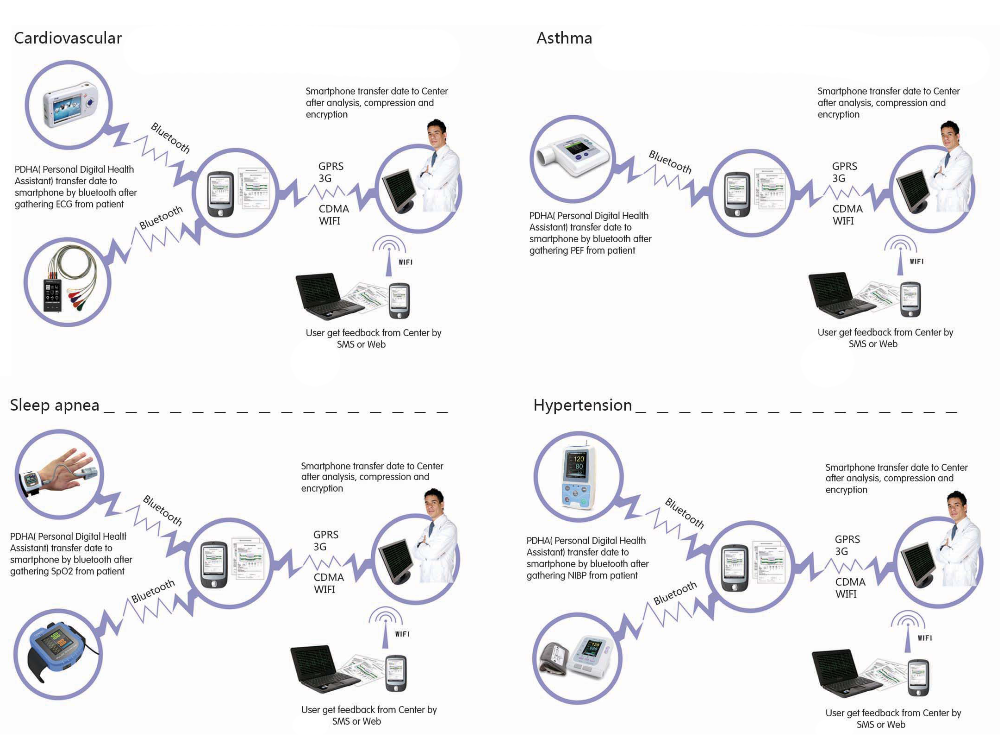
Compliance with Regulatory Requirements
Healthcare facilities must also comply with a wide range of regulatory requirements when it comes to medical hardware components. This includes requirements related to documentation, reporting, and record-keeping. By properly documenting their supply chain activities and maintaining accurate records, healthcare facilities can help ensure compliance with relevant laws, regulations, and guidelines.
Risk Assessments and Mitigation Strategies
Finally, healthcare facilities should perform regular risk assessments to identify potential risks associated with their use of medical hardware components. This may include assessing the potential consequences of component failures or malfunctions, as well as identifying areas where there is a higher risk of contamination or other hazards. By developing effective mitigation strategies to address these risks, healthcare facilities can help protect their patients and staff from potential harm.
Conclusion
In conclusion, auditing concerns related to medical hardware components in healthcare facilities are multifaceted and require careful consideration at every stage of the procurement process. By focusing on component selection, quality control processes, supplier performance management, regulatory compliance, and risk assessments, healthcare facilities can help ensure that they are using only high-quality components that meet strict standards and regulations. By taking a comprehensive approach to medical hardware component auditing, healthcare facilities can help maintain the safety and effectiveness of their medical devices and equipment while minimizing costs and downtime associated with supply chain disruptions or product defects.
Articles related to the knowledge points of this article:
EXPORT OF HARDWARE ACCESSORIES
The Tax Rate of Hardware Accessories
Rocking Chair Hardware Components
Title: Where to Find Cheap and High-Quality Hardware Accessories for Your Project?
Title: The Processing of Electronic Cigarette Hardware Components
Title: Fashion Hardware Accessories: The Quintessential Guide to All Things Model
